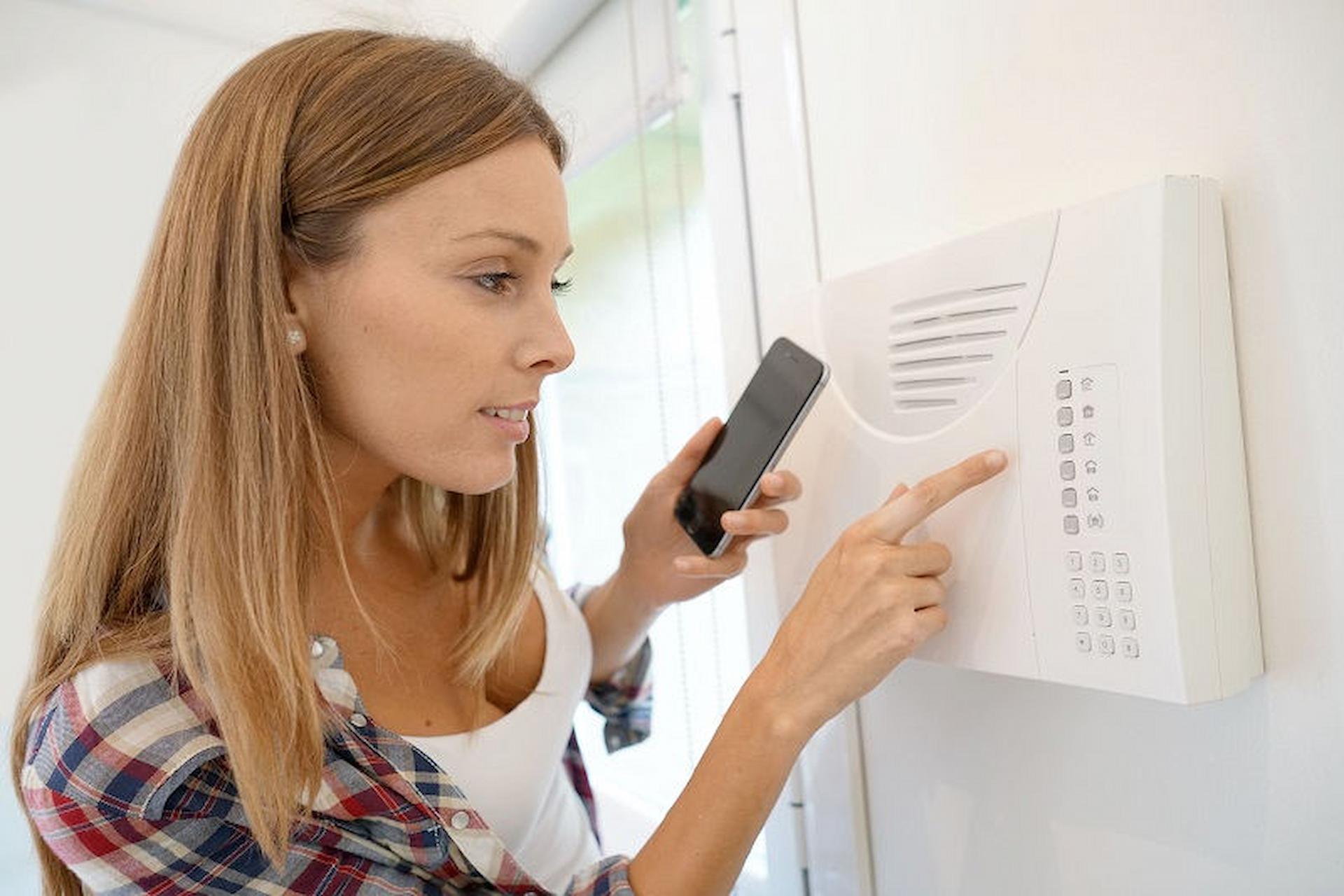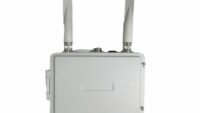
Security is a top priority for every homeowner. Whether you live in a bustling city or a quiet suburban neighborhood, the safety of your home and loved ones cannot be compromised. A well-installed and efficient house alarm can be your first line of defense against potential intruders. This comprehensive guide will take you through everything you need to know about house alarms, from types and installation to costs and best alarm companies.
Understanding House Alarms
A house alarm, also known as a home security system, is designed to detect intrusion and unauthorized entry into a property. These systems are a valuable asset for homeowners, offering an added layer of security that helps deter potential burglars and alert homeowners and authorities to any suspicious activity.
House alarms are typically made up of a series of sensors, strategically placed throughout the home. These sensors can detect anything from a door or window being opened to the sound of breaking glass. Once triggered, the alarm system sends a signal to a central control panel, which then alerts the homeowner or a professional monitoring service.
Choosing the right alarm system for your home requires careful consideration. Factors such as the size of your home, the neighbourhood you live in, and your lifestyle all play a role in determining the best system for you. Do you often travel for work and need remote monitoring? Do you live in a high crime area and require a more sophisticated system? These are the questions that will guide your decision.
Types of House Alarms
House alarms come in several varieties, each with its unique features and benefits. The most common types include burglar alarms, which are triggered when a door or window is breached; wireless alarms, which use sensors and wireless communication to detect intrusions; and monitored alarms, which are connected to a professional security company that responds to alerts. Conversely, unmonitored alarms rely on loud sirens and lights to scare off intruders and alert nearby people.
Firstly, you have the traditional wired alarms, reliable and low maintenance, but require professional installation. Then, there are wireless alarms, highly versatile and easy to install, making them a popular choice for many Aussie homeowners.
You also have monitored alarms, which are connected to a professional security company. If the alarm is triggered, the company is immediately notified and can take appropriate action. On the other hand, unmonitored alarms will sound a loud noise to deter intruders and alert neighbours, but won’t contact a security service.
Smart alarms are the newest addition to the family. They sync up with your smartphone, allowing you to monitor your home remotely. Some even have additional features like camera feeds or motion sensors.
House Alarm Installation Process
The installation of a house alarm can range from simple DIY projects to complex systems requiring professional installation. The process typically involves placing sensors at potential entry points, connecting the system to a control panel, and configuring the alarm settings. It’s essential to understand your home’s layout and potential vulnerabilities to ensure optimal placement of these components.
Firstly, you have the traditional wired alarms, reliable and low maintenance, but require professional installation. Then, there are wireless alarms, highly versatile and easy to install, making them a popular choice for many Aussie homeowners.
You also have monitored alarms, which are connected to a professional security company. If the alarm is triggered, the company is immediately notified and can take appropriate action. On the other hand, unmonitored alarms will sound a loud noise to deter intruders and alert neighbours, but won’t contact a security service.
Smart alarms are the newest addition to the family. They sync up with your smartphone, allowing you to monitor your home remotely. Some even have additional features like camera feeds or motion sensors.
Key Features to Look For in House Alarms
When choosing a house alarm, it’s crucial to consider the features that will best meet your security needs. Look for alarms with user-friendly controls, reliable sensors, and smart capabilities that allow you to monitor your home remotely. Another important feature is a backup power supply, ensuring your alarm remains operational even during power outages.
One key feature to look for in house alarms is remote monitoring. This allows you to keep an eye on your property no matter where you are, using your smartphone or tablet. It’s like having your own personal security guard on call 24/7!
Another essential feature is the integration of alarms with other smart home devices. With this feature, you can control lights, locks, and even your thermostat, making your home look occupied even when you’re away.
Don’t forget about pet-friendly sensors. If you have furry friends at home, these sensors can differentiate between an intruder and your pet, helping to avoid false alarms.
Lastly, consider the alarm’s ease of use and installation. A user-friendly system that’s easy to install will save you time, stress, and potentially money. Some systems even offer DIY installation, making the process even more straightforward.
Cost of House Alarms
The cost of house alarms can vary significantly, depending on the type of system, features, and whether you opt for professional monitoring. It’s also important to factor in potential installation costs and ongoing fees for alarm monitoring services. However, the peace of mind that comes with a secure home often outweighs the financial investment.
Top House Alarm Companies
There are many reputable companies offering high-quality house alarms. Some of the top players in the market include ADT, SimpliSafe, and Ring, all known for their reliable systems, excellent customer service, and innovative features. It’s advisable to research and compare your options to find the best fit for your home and budget.
Conclusion
Investing in a house alarm is a significant step towards ensuring the security of your home and loved ones. While there are many factors to consider, understanding the basics of house alarms, their types, installation process, features, and costs can help you make an informed decision. Remember, the best alarm system is one that meets your specific needs and provides you with peace of mind.




